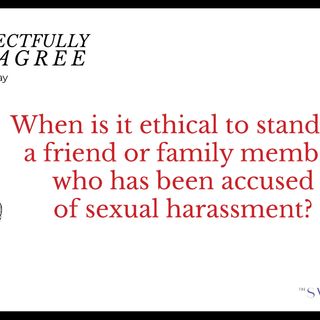In The Buzz Cut, we bring you a round-up of all the weird, controversial, and wonderful stories we’ve been reading all week.
Taylor Swift announced on her Instagram she’s being banned from singing her old hits by former “tyrannical” label bosses Scooter Braun and Scott Borchetta but she’s continuing the fight to be able to own her work.
*
Frustrated with Twitter’s ignorance and inefficiency in combating trolls and over-censoring of certain accounts, Indian users are migrating to a more “ethical” version of the platform: Mastodon — a decentralized microblogging network that has been touted as acting aggressively against abusive content.
*
Disney+ has found a new way to counteract outdated prejudice in its older movies: To warn consumers of racist content, it now gives a benign “may contain outdated cultural depictions,” as a disclaimer, which fans have taken as a progressive stance on its past mistakes.
*
The future of digital entertainment is slowly starting to look a lot like its past; with the proliferation of streaming services offering a host of diverse content on all platforms, having to pay for all of them seems akin to paying for cable.
*
Jeffrey Epstein, a wealthy hedge fund manager charged with sex trafficking earlier this year, died in prison while awaiting trial. Soon, conspiracy theories abounded about how Epstein died — while the company line was he committed suicide, cynics thought it was an elaborate plot by billionaires who stood to lose a lot if Epstein opened his mouth. The chosen vehicle for these conspiracy theorists? Memes.
*
What we consider fashion might be determined by the rich designers powerful enough to command trends, but their decisions as to what’s in style are often informed by the cultures of marginalized communities and working classes. White Negroes: When Cornrows Were in Vogue… and Other Thoughts on Cultural Appropriation highlights one of fashion’s biggest fallacies.
*
From make-up to shapewhere, the commercialization of feminism has brought consumers more and more brands trying to sell them products under the guise of progressive messaging. The latest product to coopt empowerment? Breast implants.
*
Deepfake techniques, such as altering photos and videos with artificial intelligence, are increasingly being used to slander women in politics through fake sex tapes. Don’t believe everything you see.
*
Janet, the intelligent and increasingly sentient bot on beloved The Good Place, is non-binary. But the way the character’s written, nothing except Janet’s own words (“not a girl”) will betray their gender — when will screenwriters become comfortable enough to do more than simply plug in queer identities?
*
Phoebe Waller-Bridge is a universal favorite. From Killing Eve to Fleabag, she has, time and again, blown audiences away with her wit and charm in her acting and writing. But in glorifying her as a scrappy outspoken artist, we might be forgetting the immense privilege with which she’s able to accomplish what she has. Can we try to accomplish more than Fleabag?




